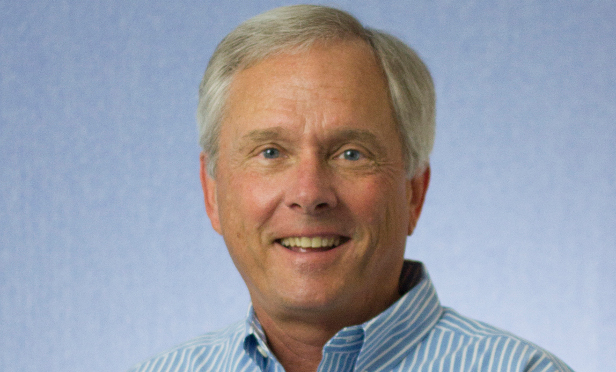
SAN DIEGO—Most equity providers are fairly optimistic about the residential development sector for the next two to three years and can't really see beyond that, Presidio Capital Partners' principal Don Faye tells GlobeSt.com.
The firm recently funded 16 new residential projects totaling 1,107 homes in major markets during 2017, and since its inception, has infused more than $1 billion into the residential real estate market to capitalize the housing industry. In 2018, Presidio's goal is to fund an additional $150 million in joint venture equity to residential homebuilders with projects located in the Western US. Presidio currently has active investments located in California, Nevada, Arizona, Colorado and Washington totaling in excess of 8,600 units.
We spoke with Fay about equity providers' view of the residential-development landscape and how it views the multifamily market.
GlobeSt.com: How do equity providers view the residential development landscape now?
Faye: From a subdivision standpoint, some markets very good, while some markets from a capital-equity standpoint are not so good. In the markets we are in, we remain fairly positive about our existing investments and doing new investments in residential real estate. The last real estate depression of the mid-to late-2000s has not led to massive acceleration in new activity because supply and demand is out of whack—there's more demand than supply. We and most other equity providers are fairly optimistic for the next two to three years and can't see beyond that. If we could do the same in 2018 as we did in 2017, we'd gladly do that.
GlobeSt.com: Does the strength of the multifamily market impact equity providers' view of residential development?
Faye: In the markets we're in, generally there's been a tremendous runup in class-A multifamily rentals, and that has led to very high cost to develop and build those, which has led to very high rents. In some markets, it's becoming more attractive to buy and actually own what you're living in—to put money into it and fix it up—than to rent. The problem is there's very little for-sale housing available.
GlobeSt.com: What do you look for when funding these projects, and how has this changed over the course of the current real estate cycle?
Faye: We always look to who our partners are going to be, who's the sponsor. In San Diego, we have three separate sponsors, and we have one to three in all of the markets we're in, so top-quality, honest builder/developers are important. Second, what is the market? You have to look at the sponsor, know them and like them. We have been in this upswing for a long time. We're cognizant we're going to have another national recession, somewhat of a downturn in homebuilding and probably a recession, but it will probably be very mild. It has to happen—this can't go on forever. We're generally looking for smaller versus larger projects because of this.
GlobeSt.com: What else should our readers know about this topic?
Faye: Supply and demand is a problem in California and in other jurisdictions. Supply has been constrained not because of lack of capital but because of regulations. It's hard to get projects built. The magic wand would be to to get government at all levels in California to figure out how to streamline this process and not put up obstacles to building housing. It's part of the reason we have a homeless problem: the government is not doing its job.
© Touchpoint Markets, All Rights Reserved. Request academic re-use from www.copyright.com. All other uses, submit a request to [email protected]. For more inforrmation visit Asset & Logo Licensing.






